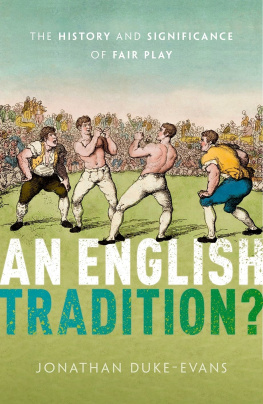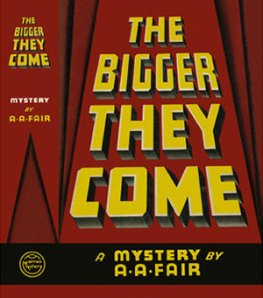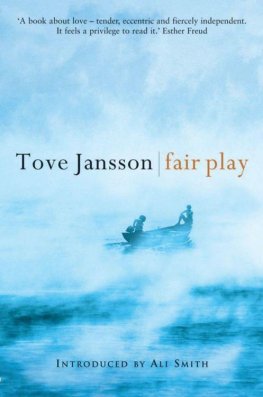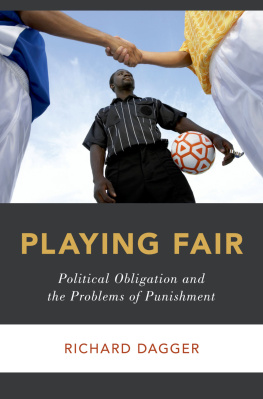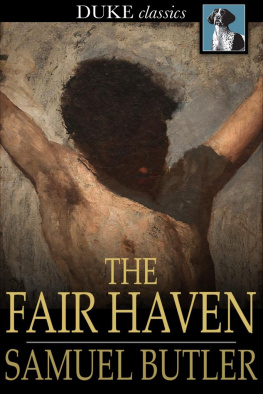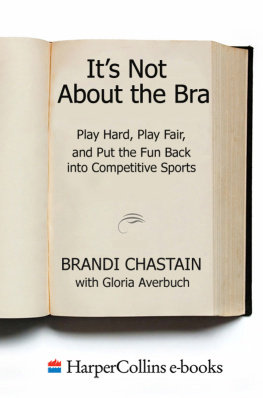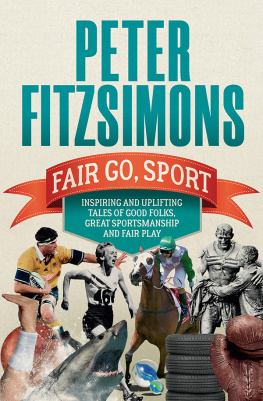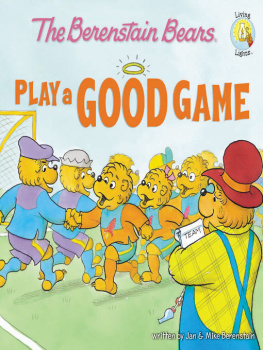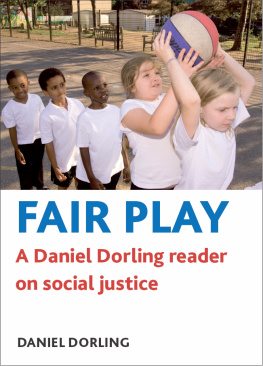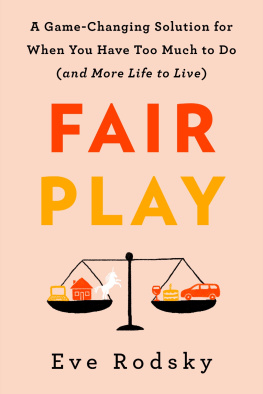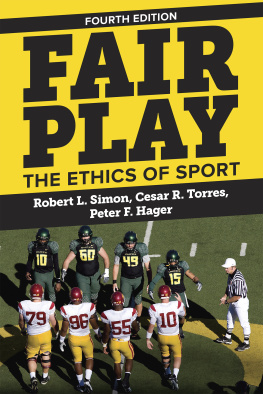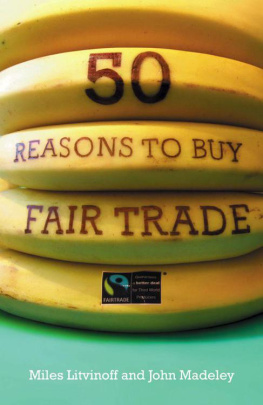An English Tradition?

Great Clarendon Street, Oxford, ox 2 6 dp , United Kingdom
Oxford University Press is a department of the University of Oxford. It furthers the Universitys objective of excellence in research, scholarship, and education by publishing worldwide. Oxford is a registered trade mark of Oxford University Press in the UK and in certain other countries
Jonathan Duke-Evans 2023
The moral rights of the author have been asserted
First Edition published in 2023
Impression: 1
All rights reserved. No part of this publication may be reproduced, stored in a retrieval system, or transmitted, in any form or by any means, without the prior permission in writing of Oxford University Press, or as expressly permitted by law, by licence or under terms agreed with the appropriate reprographics rights organization. Enquiries concerning reproduction outside the scope of the above should be sent to the Rights Department, Oxford University Press, at the address above
You must not circulate this work in any other form and you must impose this same condition on any acquirer
Published in the United States of America by Oxford University Press
198 Madison Avenue, New York, NY 10016, United States of America
British Library Cataloguing in Publication Data
Data available
Library of Congress Control Number: 2022936515
ISBN 9780192859990
ebook ISBN 9780192676290
DOI: 10.1093/oso/9780192859990.001.0001
Printed and bound in the UK by Clays Ltd, Elcograf S.p.A.
Links to third party websites are provided by Oxford in good faith and for information only. Oxford disclaims any responsibility for the materials contained in any third party website referenced in this work.
Preface
I can no longer remember precisely when I decided to write about the history of fair play. I was noting down scraps of information that seemed relevant for at least a dozen years before I started work in earnest. A casual conversation with a friend in which we asked ourselves why both cricket and football sides have eleven members and not ten or twelve had something to do with it. When the debate about British values, and how far new citizens are expected to buy into them, began to attract a lot of attention under the Blair administration, fair play featured prominently in the argument, and it seemed to me then that the task of analysing the concept and enquiring whether it was indeed specifically British would be a worthwhile one.
An American acquaintance who asked me about my research claimed that she had never heard of any British reputation for fair play, and wanted to know how it was to be squared with slavery and the Empire. She had put her finger on one of the most difficult questions which have arisen in this study, and one which seems highly relevant to the effort which so many historians are making today to throw light on Britains imperial reckoning. In the course of researching the book I have developed some partial answers to such questions, hypotheses which suggest how ideas about fairness can flourish and yet be sharply limited in their application to different kinds of people: noble and common, male and female, white and black; but also how those limitations began to be cast off in our progress towards a more inclusive ideal of fair play.
I have tried to write a book which could be enjoyed by anyone interested in history, but one that aspires to high standards of evidence and documentation. I hope those readers who have spent a lifetime studying the subject will be tolerant of any explanations and clarifications which they may consider unnecessary. My own career began with a doctoral thesis on political writing in early 18th-century England which was accepted back in 1980. I take this opportunity to thank, belatedly and posthumously, my supervisor, Garry Bennett, who ended his own life a few years later when an article which he had published anonymously about politics in the contemporary Church of England was seized on by the media, treated as a national scandal for a few days, and then forgotten. I had moved on to work for the government, and much of the work I did hinged on questions of what was fair and unfair in matters of criminal justice and military operations. Some of that experience may have influenced the composition of this book. A few years into my Civil Service career I was awarded a Harkness Fellowship, and used it to study public administration for a year at Harvard Universitys Kennedy School of Government. I learned a great deal about the way in which welfare economics can clarify questions of fairness, and though that is not the primary focus of this book I will always be grateful to the late Professor Mark Kleiman for opening up these new ways of seeing the world. Going further back, I would like to acknowledge here everyone who fostered my fascination with the realms of history and literature, and to recall with particular gratitude the teaching of Mike Booker, Roger Perry, Jim Hunter, Phil Revill, and Stan Houston. I owe much, too, to my father, David Duke-Evans, whose intellectual curiosity and love of learning are as strong as ever as he approaches his tenth decade.
Many friends have helped me with the book. Among those at Oxford University Gervase Rosser has read the whole text and provided comments full of insight and Ross McKibbin steered me towards some of the contemporary theorists of games, while Henry Woudhuysen has given me valuable pointers on Elizabethan literature and Karen OBrien on the earliest English feminist writers. Elsewhere, David Cooke has alerted me to many of the resonances of the idea of play, while my sports-loving friends Roger Titford, Paul Silver, John and Elaine Warne, Paul Bolt, and Kate Cooke have all enhanced with their knowledge. Kim Silver made many useful suggestions about what I had to say on English law, as did Nick Bruce on military history, while Bill Grundy commented on my thoughts on Judaic and Christian ethics. Francis Wilkinson has been a regular source of ideas and questions. Much-appreciated formatting help has been provided by Delia Caple.
Dick Holt of Leicester De Montfort University is another who has read the whole text, which has benefited greatly both from his own published work and his comments on my ideas. His colleague Dilwyn Porter cleared up a point on the Corinthians that was puzzling me, while Mark Foster of the Sussex Cricket Museum was very kind in helping me with a query on the local hero C B Fry. Ben Sanders of the Ministry of Defence guided me to relevant parts of the Geneva Conventions. Matthew Cotton of the Oxford University Press took an immediate interest in an unsolicited submission from an unknown author, and he and Cathryn Steele have expertly guided the book through to publication, a process which has been facilitated by the expertise of Saraswathi Cesar Rajan, Edwin Pritchard, and Hayley Buckley.
Most of all, Sir Keith Thomas, whose classes were an inspiration to me and so many other students, has taken a generous and lively interest in this project. Our meetings in Oxford and on Zoom to discuss the work in progress were every bit as challenging as those tutorial sessions so many years ago. His strong recommendation that the study should be firmly grounded in an understanding of the way in which people wrote and talked about fair play has been fundamental to the plan of the book. I dedicate it jointly to him, to my mother Denise Watson who died just as it was being finished, and to my wife Patricia, whose love and encouragement have been unfailing.

